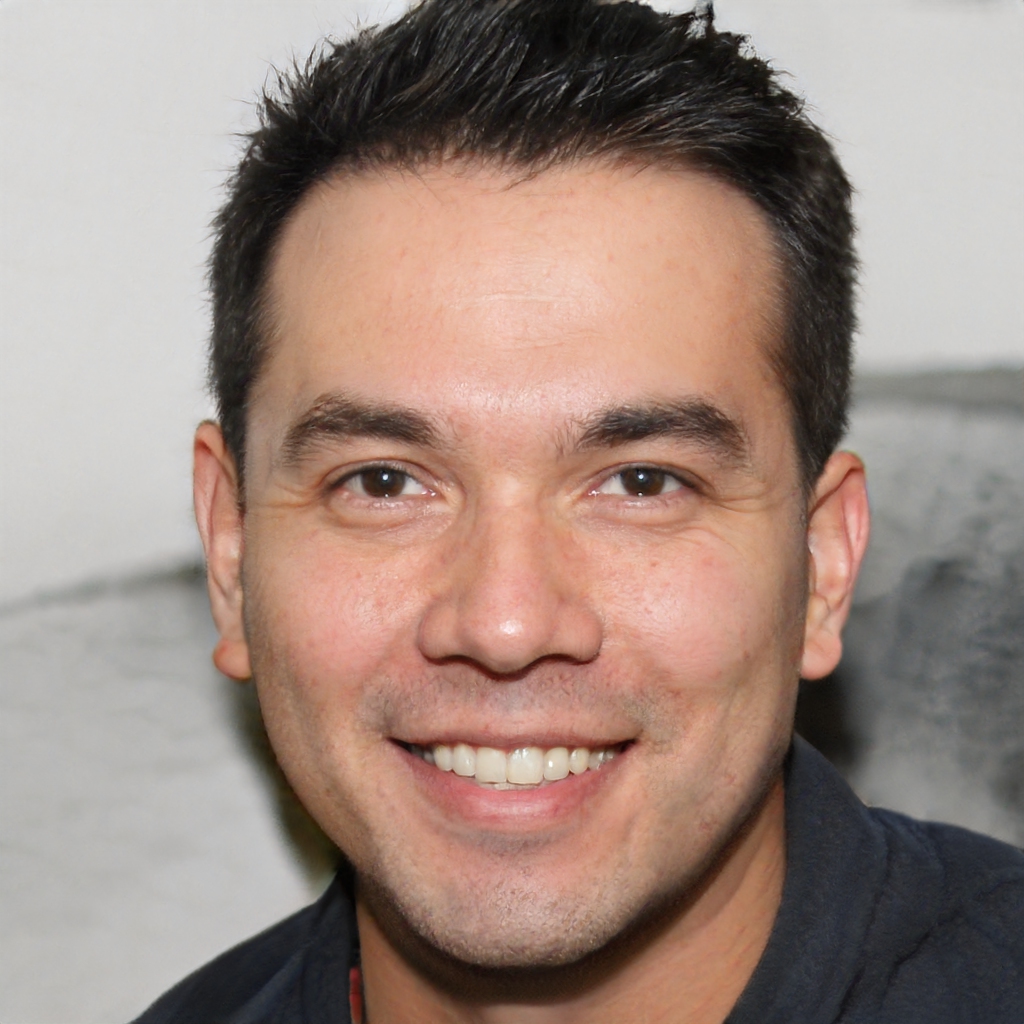Lucas Jr.? Robert E. Lucas Jr. is an American economist who is currently the John Dewey Distinguished Service Professor of Economics at the University of Chicago. Lucas is also a distinguished fellow of the American Economic Association and a member of the National Academy of Sciences. He is widely considered to be one of the most influential economists of the past several decades.
Lucas is best known for his work on the theory of economic decision-making under uncertainty, which has led to the development of the field of behavioral economics. He has also made important contributions to the fields of macroeconomics and econometrics. In particular, his work on the Lucas critique has had a major impact on the way macroeconomic models are built and used.
Lucas was born in 1937 in Yakima, Washington. He earned his undergraduate degree in history from the University of California, Berkeley in 1959 and his Ph.D. in economics from the University of Chicago in 1964. After spending a year as a postdoctoral fellow at the Indian Statistical Institute, he joined the faculty of the University of Chicago in 1965.
Lucas was a professor at the University of California, Berkeley from 1983 to 1986, and he has also been a visiting professor at a number of other institutions, including MIT, Stanford, and the London School of Economics. He retired from teaching in 2008 but remains active in research.
What is the time-inconsistency problem? The time-inconsistency problem arises when people's preferences change over time, such that they may not make the same decisions today as they would tomorrow. This can lead to sub-optimal decisions being made, as people are not always able to act in their own best interests.
There are a few different ways to solve the time-inconsistency problem. One is to use commitment devices, which can help people to stick to their goals by making it more difficult to change course. Another is to use self-control methods, such as setting up reminders or breaking down goals into smaller, more manageable steps. Finally, people can try to anticipate their future selves and make decisions today that they know they will be happy with tomorrow. What do you understand by Lucas critique and policy ineffective Theorem? The Lucas critique, named after Nobel Prize-winning economist Robert E. Lucas Jr., is the idea that economic models that rely on assumptions about how people make decisions are not reliable guides for policymaking. The policy ineffectiveness theorem is a related idea, which states that even if a policy change is correctly anticipated by the model, it may still have no effect on economic outcomes.
Both the Lucas critique and the policy ineffectiveness theorem are based on the idea that people are rational decision-makers who take into account all available information when making decisions. If a policy change is not anticipated by the model, people will change their behavior in response to the change, invalidating the model. If a policy change is anticipated by the model, people may still find ways to avoid the negative consequences of the policy, making it ineffective.
These ideas have important implications for economic policymaking. If policies are not based on sound economic models, they are likely to be ineffective. And even if policies are based on sound models, they may still not have the intended effects. Who is father of macroeconomics? The father of macroeconomics is John Maynard Keynes. He is considered the founder of modern macroeconomics and his theories have had a profound influence on economic policymaking.
WHO has awarded macro economics from a new perspective?
The American Economic Association has awarded the John Bates Clark Medal in Macroeconomics to several economists who have made significant contributions to the field of macroeconomics from a new perspective. Past recipients of the medal include Robert E. Lucas Jr., Joseph E. Stiglitz, and Paul Krugman.
What is endogenous technology? Endogenous technology refers to the idea that technical change is driven by factors within the economy, rather than by exogenous factors such as technological breakthroughs or the diffusion of technology from other economies. Endogenous growth theory emphasizes the role of human capital, knowledge, and innovation in driving economic growth.
